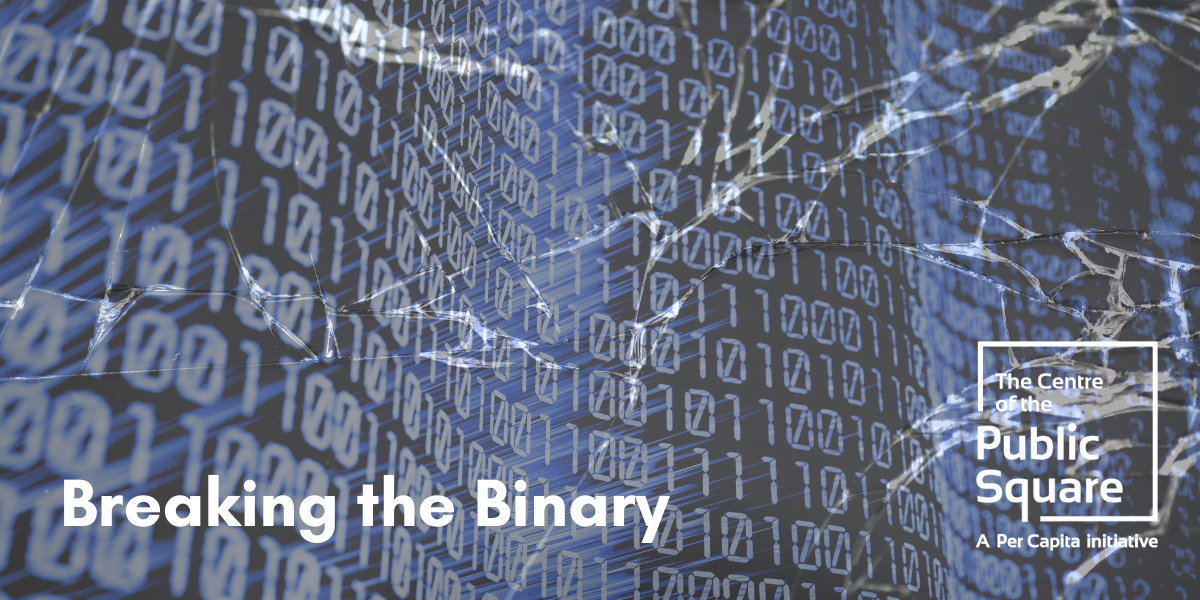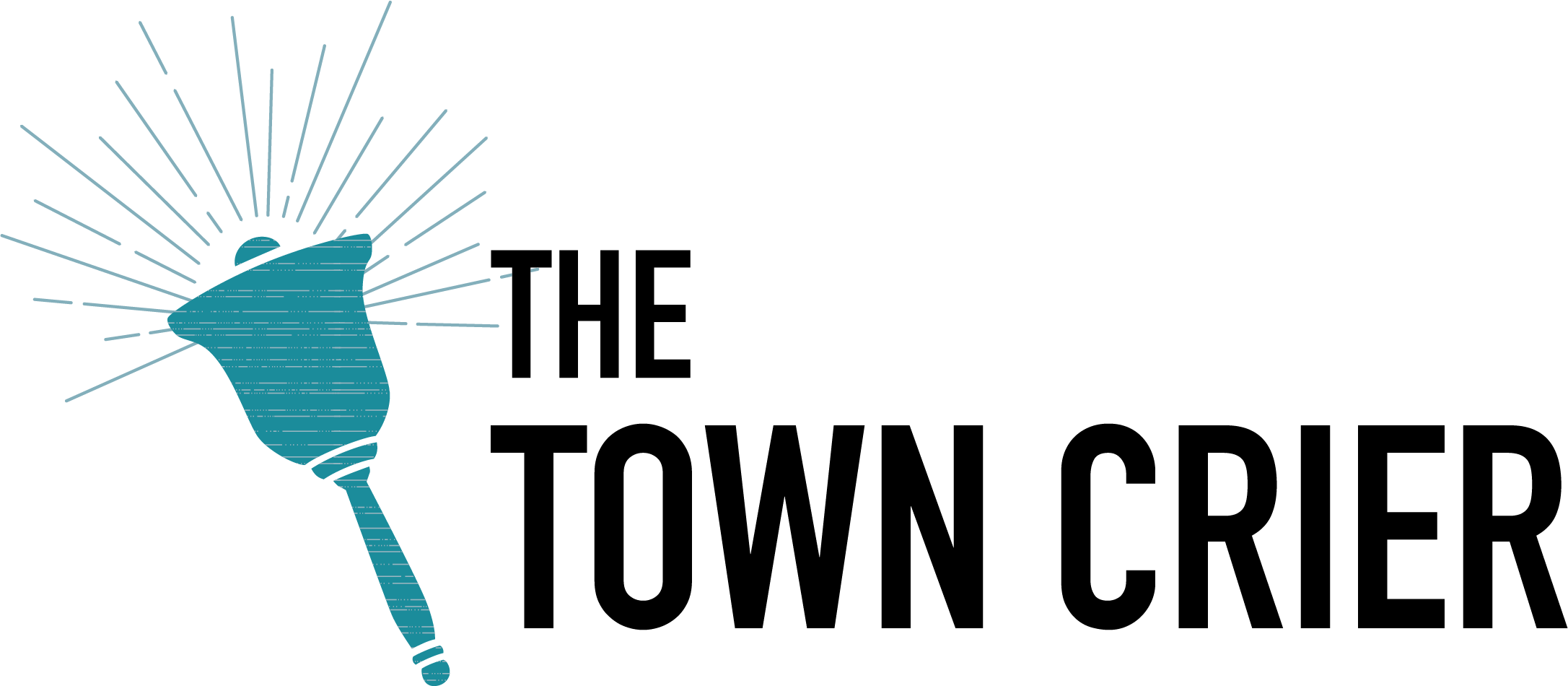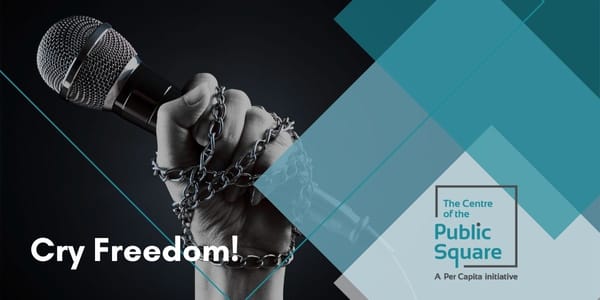Breaking the Binary

Hear Ye! Hear Ye!
Over the past fortnight we have seen two compelling but contradictory calls for platform regulation that speak to the knot we are currently stuck in.
On the one hand Telegram’s CEO Meredith Whittaker, a harsh critic of both corporate and government surveillance, has been in Australia championing the cause of data encryption.
At the same time, our E-safety Commissioner Julie Inman Grant has been spruiking an extension of her powers to order platforms to not just remove, but track, the source of dangerous online content particularly pertaining to child protection.
The libertarian approach sees technology’s biggest danger in its central control; the technocratic approach says we need to design the rules to control the way that data is used. And while they both have a point, the problem is that the further we embrace one approach, the harder the other is to realise. And vice versa.
It’s this binary that the recently released collaborative book Plurality – The Future of Collaborative Technology and Democracy attempts to break.
Coordinated by Taiwan’s outgoing Digital Minister Audrey Tang, the world’s first non-binary Cabinet Minister, and Radial Exchange founder, Glen Weyl, Plurality argues that at the heart of the current war between technology and democracy is a misalignment which starts with the tendency to reduce us to the individual.
The work sets forward an alternate framework for building digital space, anchored by what they call a bidirectional equilibrium "between the diversity of people and the social groups they create."
In simple terms, we are not a single data point that can be atomised. We exist as a series of relationships: family, community, religion, interests, identity and, yes, political identity.
The Plurality vision is for politics and technology that both give us control of our multiple relationships, with access to tools of Web3 and blockchain to re-image private property, individual identify and, most presciently, single vote democracy.
Drawing on thinkers as diverse as Max Weber, Henry George, George Simmel, and John Dewey, to Taiwan’s ‘Three Principles of the People’ (nationalism, governance and welfare) Plurality puts an intellectual scaffold around the way nation-states exists in relation to their citizens.
In doing so, they grapple with some of the challenges of imagining a Public Square as I have been doing over the past few years.
In a special episode of Burning Platforms, Lizzie and I get time to unwrap some of the core ideas in Plurality with Glen and Audrey:
I do urge you to listen and also to read their book, if only to expose yourself to a bunch of ideas I found new and exciting including:
- That many of the flaws we associate with today’s internet were clearly predicted at its inception by visionaries like Ted Nelson and JCR Licklinder who predicted everything from surveillance to polarisation to debasement of creative professions long before Mark Zuckerburg rated his first co-ed.
- That Taiwan’s stereotype as some sort of democratic hold-out against the Chinese Communist Party led by Chiang Kai-shek is a horrible distortion of history that ignores the fact that the nationalists effectively invaded and oppressed an existing society of nine million citizens.
- That one of the keys to Taiwan’s vibrant digital democracy is that young people are brought into government to ‘reverse mentor’ ministers, the path Audrey took after being involved in the 2014 Sunflower student protests.
- And that despite my disdain, decentralised data could create compelling user cases for blockchain technology including the much-derided EFTs, which could power new cultural and social value systems based around the idea of "badges."
But my key takeaway from Plurality is that it is not as simple as ‘designing’ a better technology future, the challenge is to provide the ecologies where that future is created, not from the top down but bottom up
PS: We are working to get Audrey and Glen to Australia in a few months time– if you want to actively support the visit please reach out.
Share a Dime?
This is a free newsletter, but as this is the last update of the financial year, I would like to urge anyone that values our work to consider making a donation, large or small to Per Capita.
Per Capita has been one of Australia’s leading think tanks for the past decade and along with the Centre of the Public Square it also has a focus on housing, inequality and new manufacturing.
Click the button below and become one-off or regular donor.
What we’re clicking:
The IT Woman – Anything from Lina Khan the law graduate plucked to run the US FTC is worth reading. Check out The IT Woman.
Words Matter –Dave Karpff makes the case that using the words ‘Artificial Intelligence’ gives the technology unjustified power in the public consciousness and we should come up with more honest descriptions.
Are 'Slops' the new Spam? Benjamin Hoffman argues that search is about to get inundated with so much bad AI in the same way our emails have been infested with unwanted missives.




